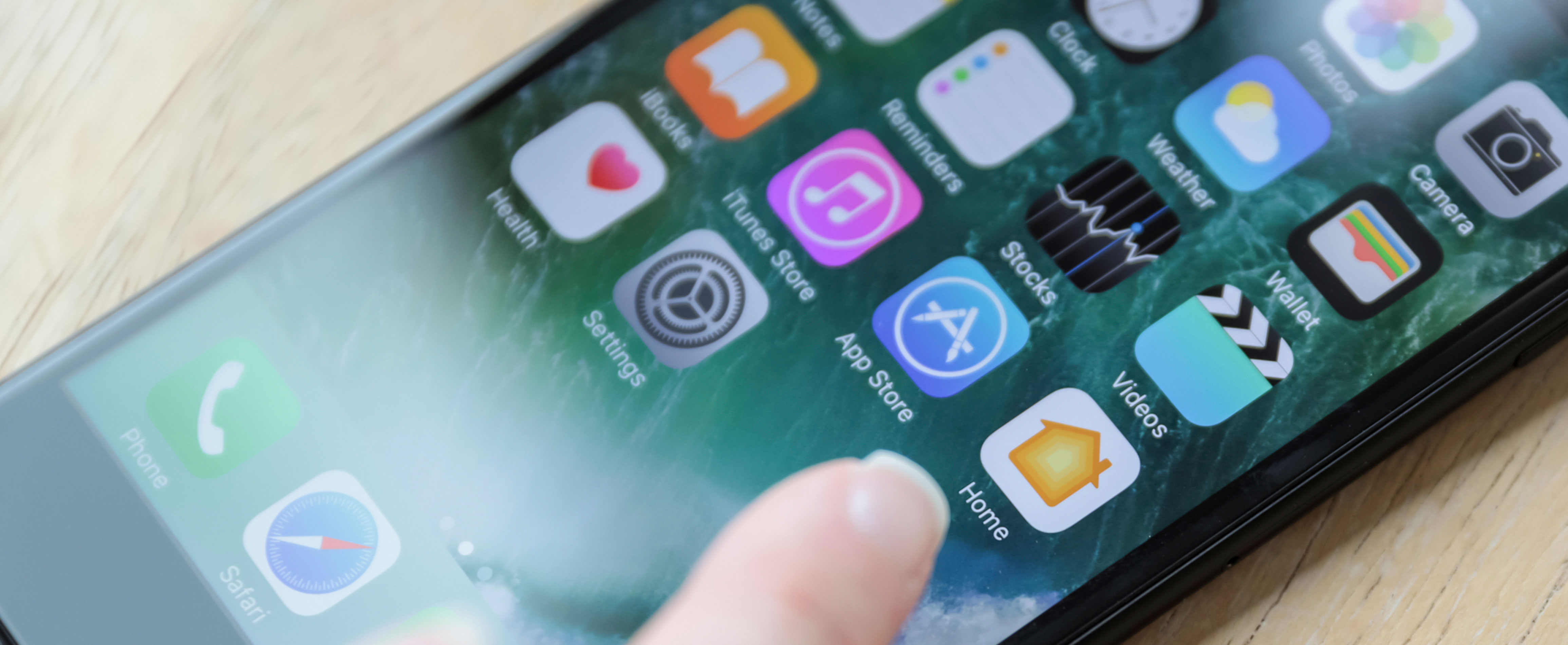App Optimization for App Store and Google Play
How to improve your app’s performance in the Apple App Store and Google Play.
An average of 2,500 new apps are published every day across the App Store and Google Play (calculated from the number published per month). And with adoption of apps by timeshare resorts growing—according to ARDA International Foundation’s 2017 State of the Vacation Timeshare Industry, 35 percent of resorts reported offering a mobile app to owners last year, up from 12 percent the year before—effective app store optimization (ASO) has never been more crucial for resorts that want to drive downloads. “ASO is for apps what SEO is for websites and forms an integral part of the overall marketing strategy for travel brands,” says Brendan Bourke, digital consultant at Travelport Digital, a travel media solutions company. Below are a few tips to help your app stand out.
Home in on keywords.
Just as with SEO, use keywords in your app’s title and description so that it can be found more easily with an app store’s search engine. “Conducting initial and ongoing research is crucial,” Bourke says. Observe what keywords competitors pick and which ones travelers use when searching for your resort on social or in the app store. Google Adwords Keyword Planner or UberSuggest can help you come up with keywords for both your app and website, and App Annie shares market insights on app performance specifically.
Be as clear as possible.
“The most basic elements of ASO are often ones that are implemented poorly,” Bourke says. For an app, the title and category fields are the most important. It’s best to keep it simple: Stick to your resort’s name and, if the title character count allows, important keywords. When choosing which category to put your app into, consider which is most appropriate very carefully. Although a resort is technically a business and may offer food and drink, travel would be the most relevant category. To improve the app store experience, and ultimately app store ratings, be clear in the comments section as well. Exercise good customer service when replying to feedback and show prospective users that they’d have a positive experience after downloading the app.
Link to the app on your website and social pages.
“It’s important for travel brands to have a page or section on their website promoting their app,” Bourke says. That way, when a traveler uses an online search engine (instead of the app store’s search engine), the resort’s website will appear along with optimized App Store and Google Play results. If your marketing budget allows, you can also drive traffic to your app through paid digital media, such as Facebook and Google ads. For more-affordable promotions, owned media, including website and email promotion, can also effectively drive downloads.
Image credit: iStockphoto




